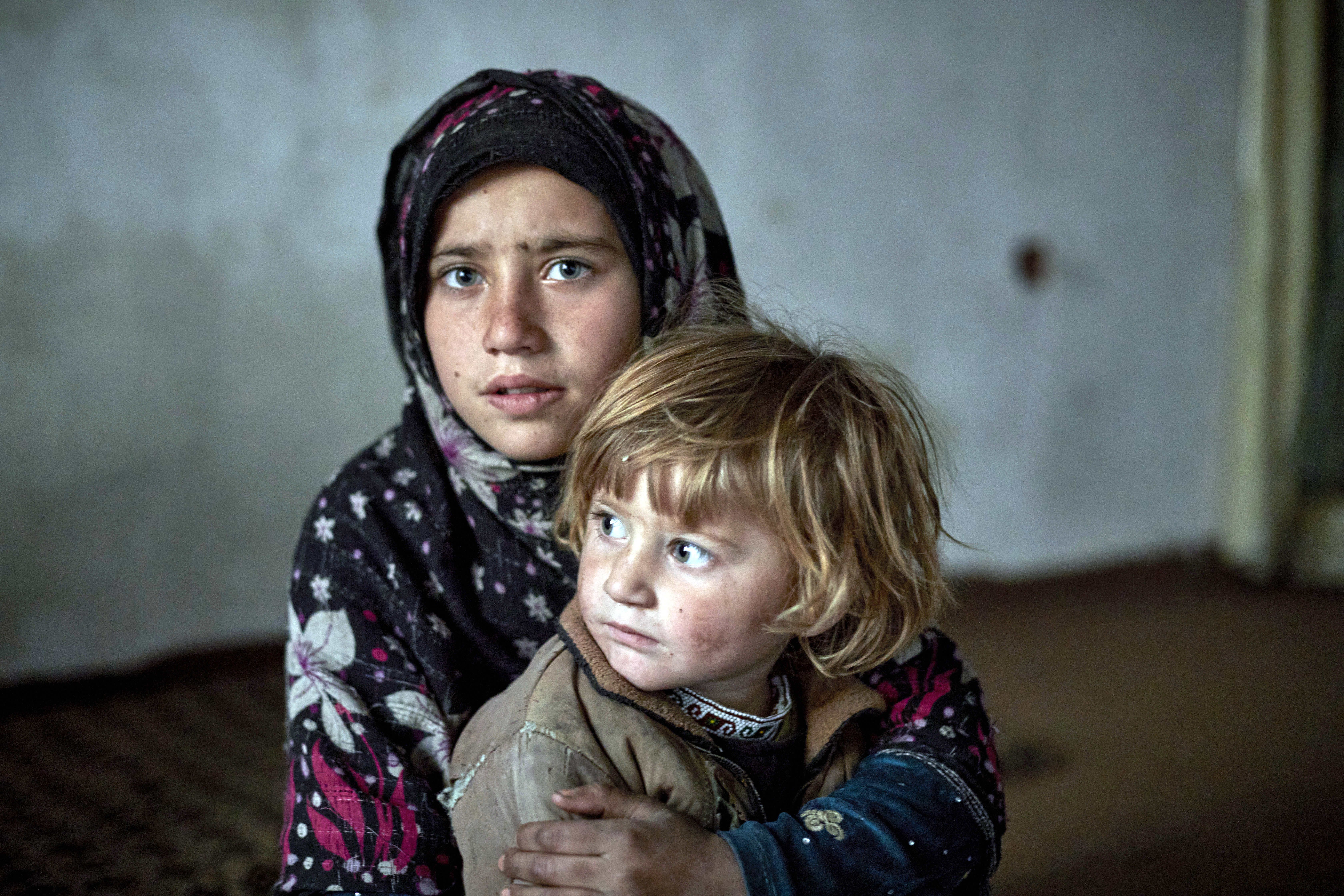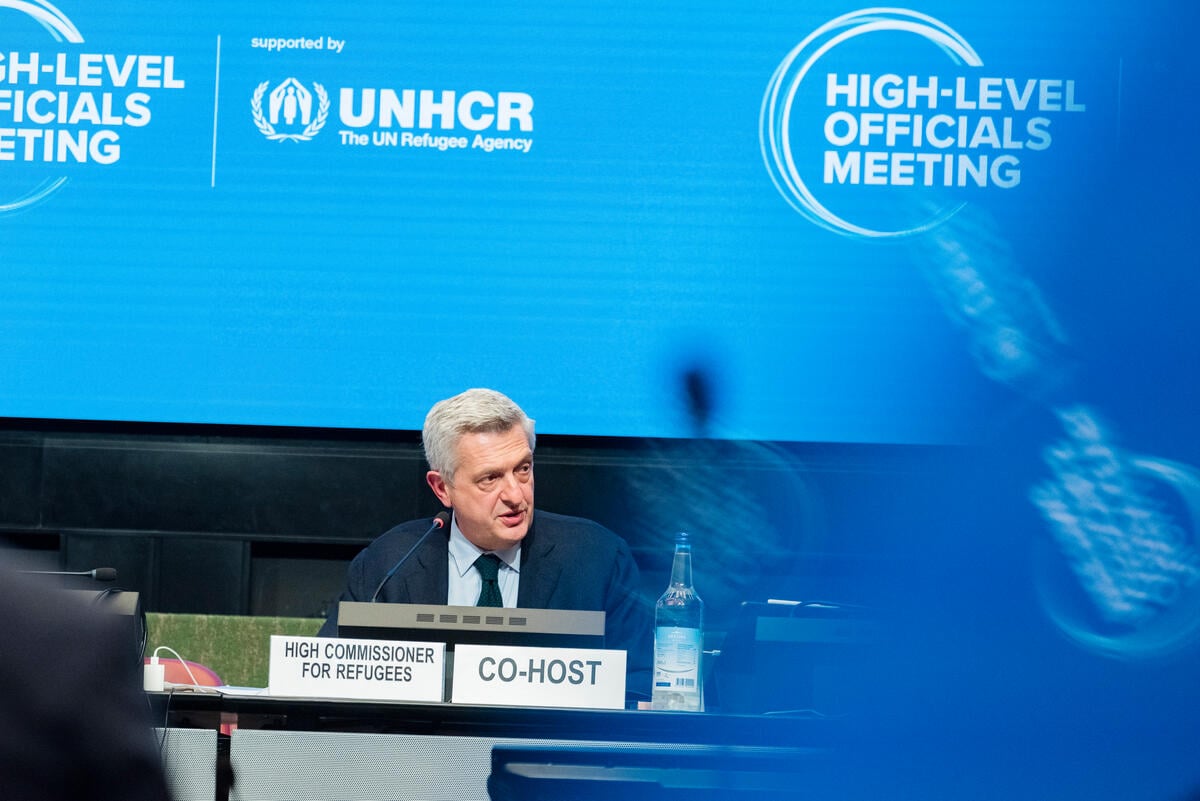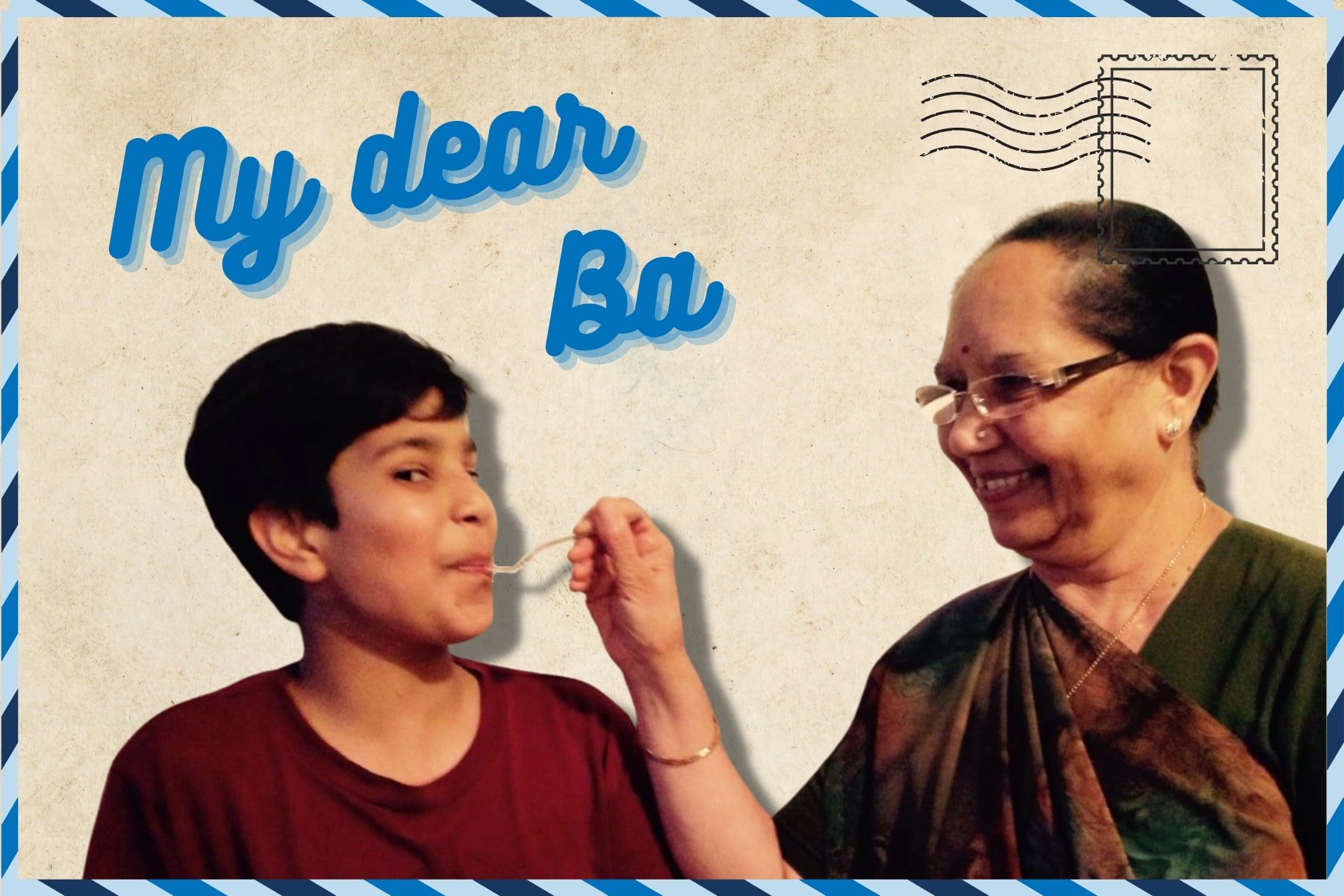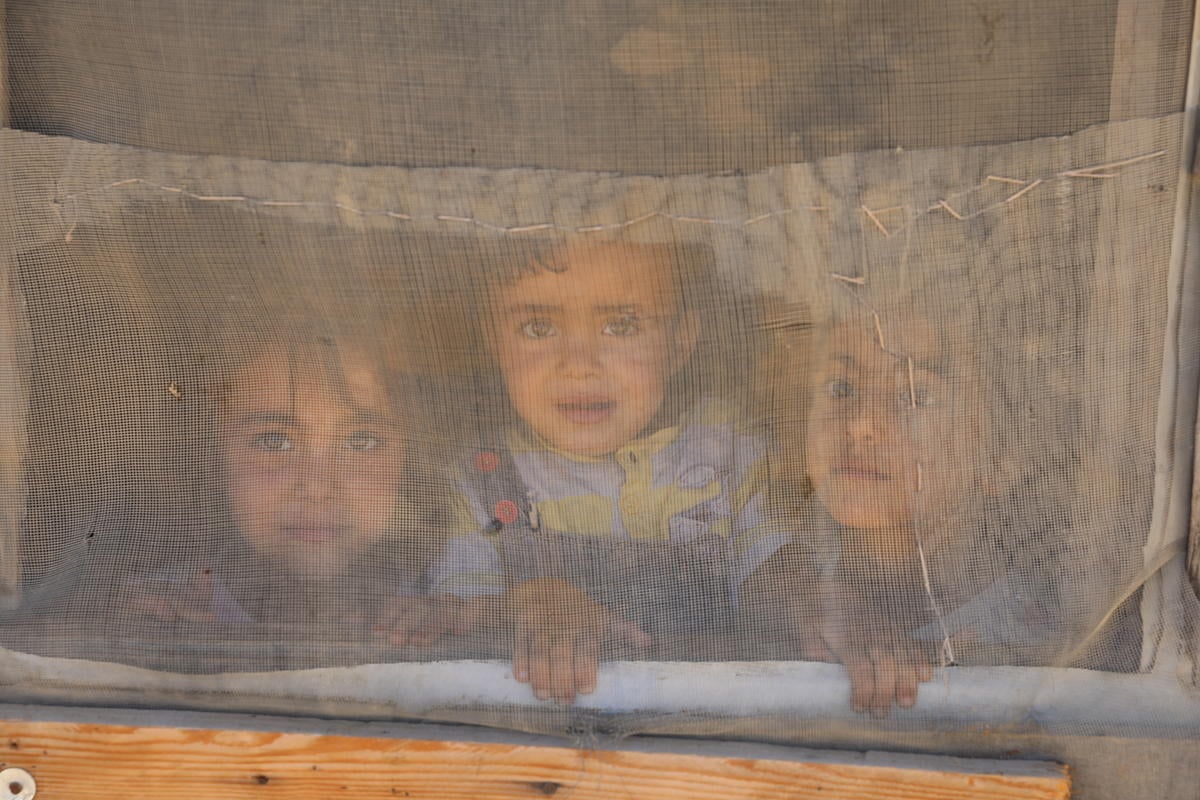'Every little act of kindness will be remembered'
'Every little act of kindness will be remembered'
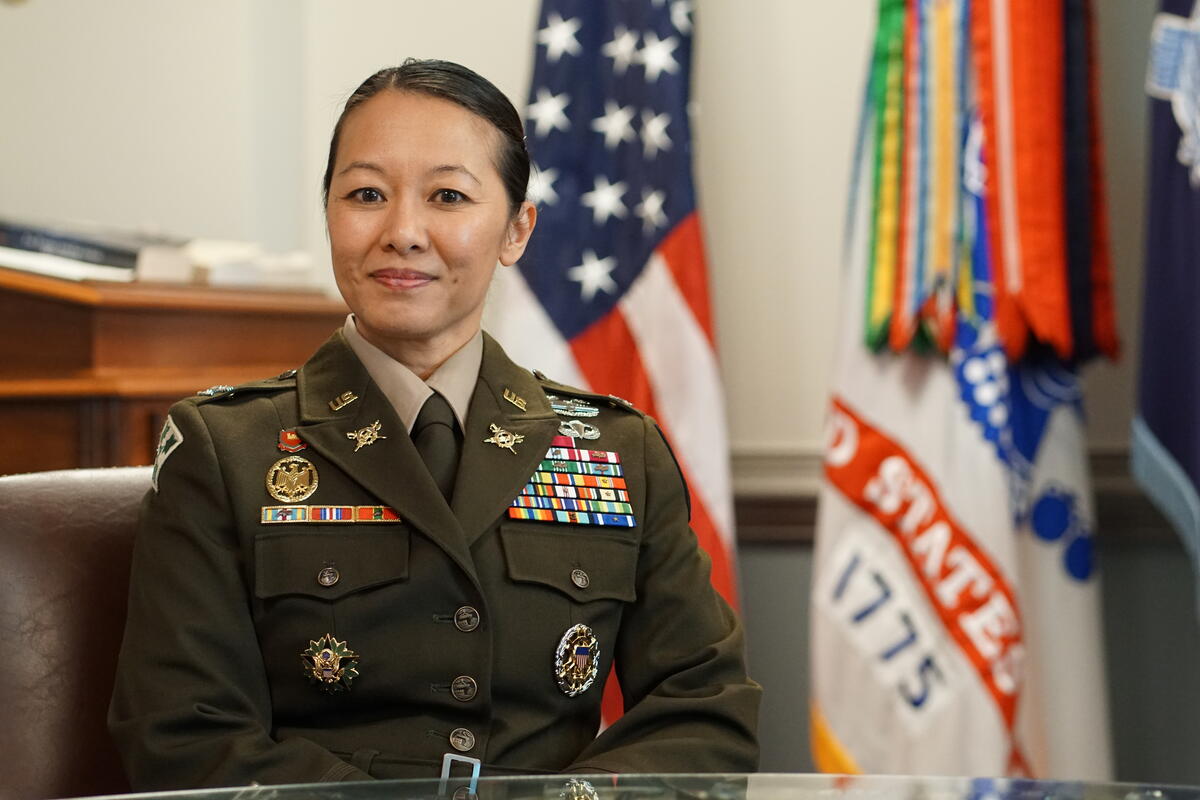
WASHINGTON, D.C. – Danielle Ngo remembers one thing from the day she became a refugee. It was April 29, 1975, a day before the Americans pulled out of Saigon at the end of the United States war in Viet Nam. As the rockets rained down on Tan Son Nhat International Airport, a military transport plane swooped in to evacuate Danielle and others forced to flee the violence engulfing everything around them.
“The only thing I remember is my grandfather folding a U.S. one-dollar bill and putting it in my little shirt pocket,” said Danielle, who was just three-years-old at the time. “And [that] it was pretty neat that I was getting something that was foreign.”
The other details Danielle has come from her mother. The back of the aircraft opened and someone told them to rush in and to push equipment off so that more people could fit. Danielle’s mother believes they were the last Vietnamese to escape with the military from the airport that day.
Growing up, Danielle wanted to join the US military. While studying at the University of Massachusetts in Boston, she enrolled in nearby Boston University’s Reserve Officers’ Training Corps (ROTC) programme (after completing a ROTC programme, American students can become officers in the US armed services). Now Danielle serves as a colonel in the US Army working as an executive officer for the army’s inspector general based at the US Department of Defense outside Washington, D.C.
“I knew I was going to give back and I signed up for the army because my mother said it was the army that rescued us,” Danielle said, although as she got older she realized the irony.
"I am here as a defender of the freedoms and liberties that the United States gives to its people."
“In order to be a good planner, a good strategic planner, you have to understand history. And so of course I've delved into the history of the Viet Nam War and I have my opinion,” she said.
“But at the end of the day, I am here as a defender of the freedoms and liberties that the United States gives to its people. And so that's what I focus on. I focus on understanding the lessons learned of the past, using it in my everyday job and advising.”
After the withdrawal of US troops from Viet Nam, the Americans helped resettle more than 140,000 Vietnamese to the US. Over the next 20 years, up to 3 million Vietnamese, Laotians and Cambodians would be forced to flee violence in the region. UNHCR, the UN Refugee Agency, worked closely with governments during that time to help the refugees reach safety.
After escaping Viet Nam, Danielle and her family waited for three months on Wake Island, a remote U.S. territory in the Pacific, before the United States admitted them for resettlement.
Once they arrived in the US, they lived in camps in Hawaii and Arkansas and also spent some time in Texas. Finally, Danielle’s uncle, who was studying on a scholarship at Harvard, sponsored the family and they moved to Massachusetts. People from church reached out to help them settle in and even took the family on holidays to Maine and Vermont, where Danielle remembers running around little colleges and experiencing the fun of being a carefree child.
"Think about compassion."
“I really appreciated that they came into our lives,” Danielle said. “Now that I’m older I realize that they truly had a sense of compassion to help families that had nothing.”
After struggling to learn English and find work, Danielle’s mom finally found a job with an agency that helped refugees from the former Czechoslovakia.
Danielle always remembered the effect even small offers of help had on her family. In high school, she started a volunteer group that distributed food to homeless shelters. In her work in conflict zones, such as Bosnia, Iraq and Afghanistan, she has seen people’s lives upended by violence and has thought a lot about how to help people both during and after conflict. She said empathy is the key to helping refugees and others displaced by war, conflict or persecution.
“Every little act of kindness will be remembered,” she said. “Think about compassion, because they might have nothing. It’s about humanity.”



